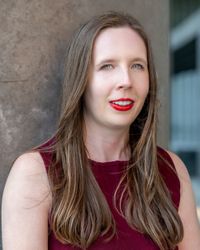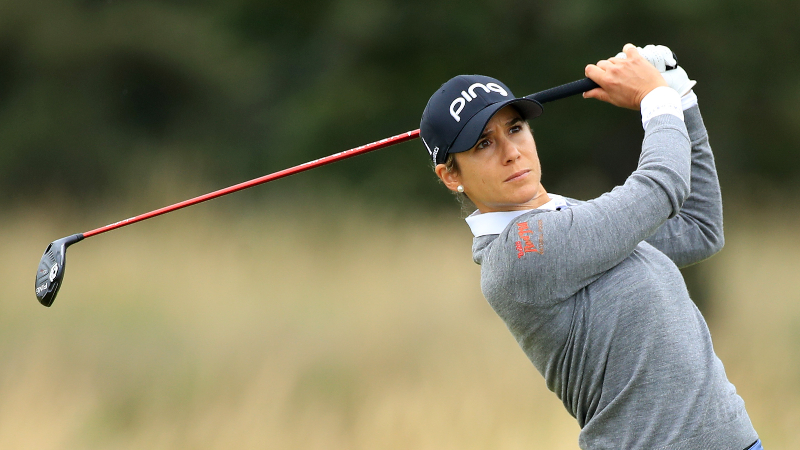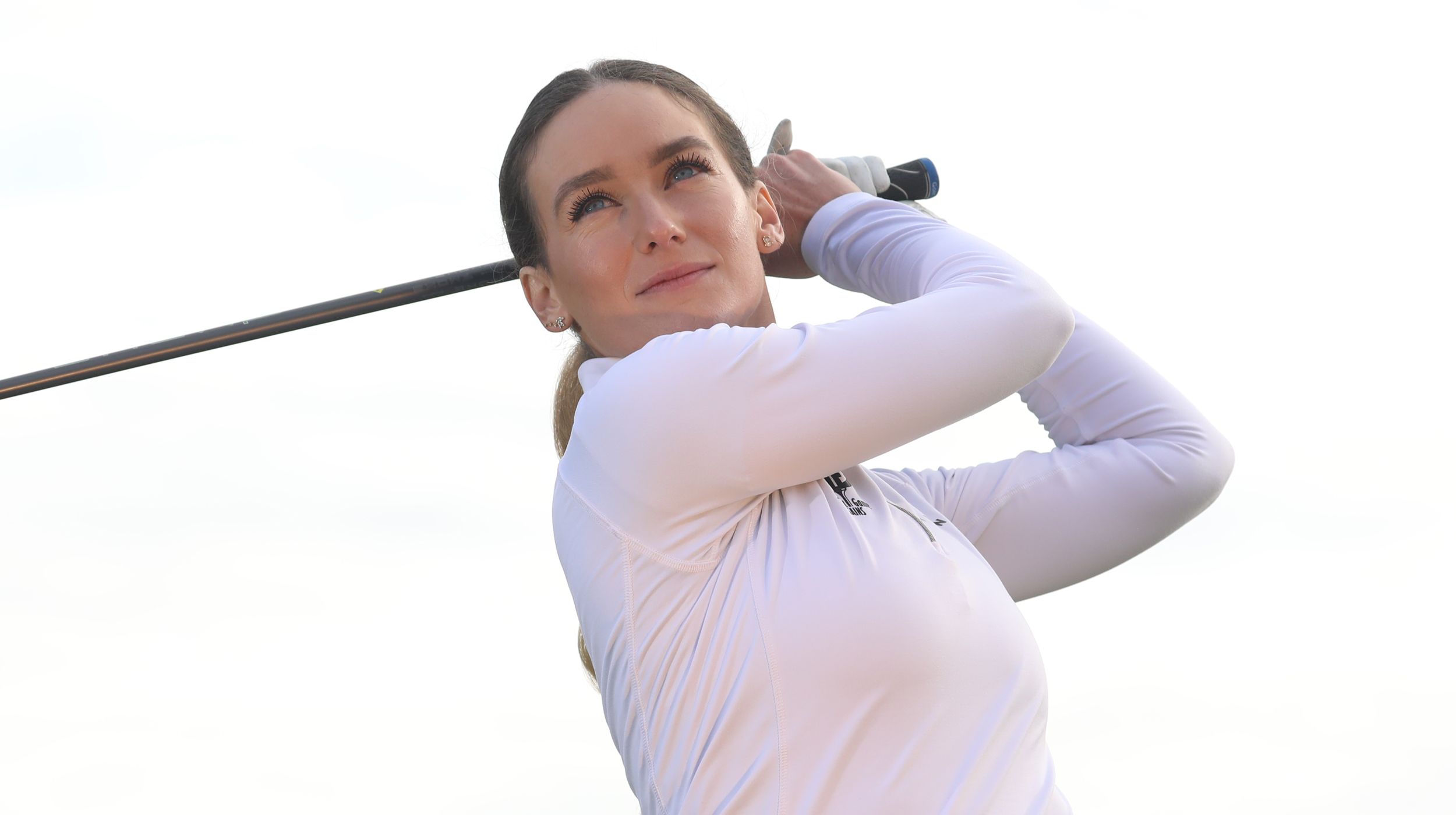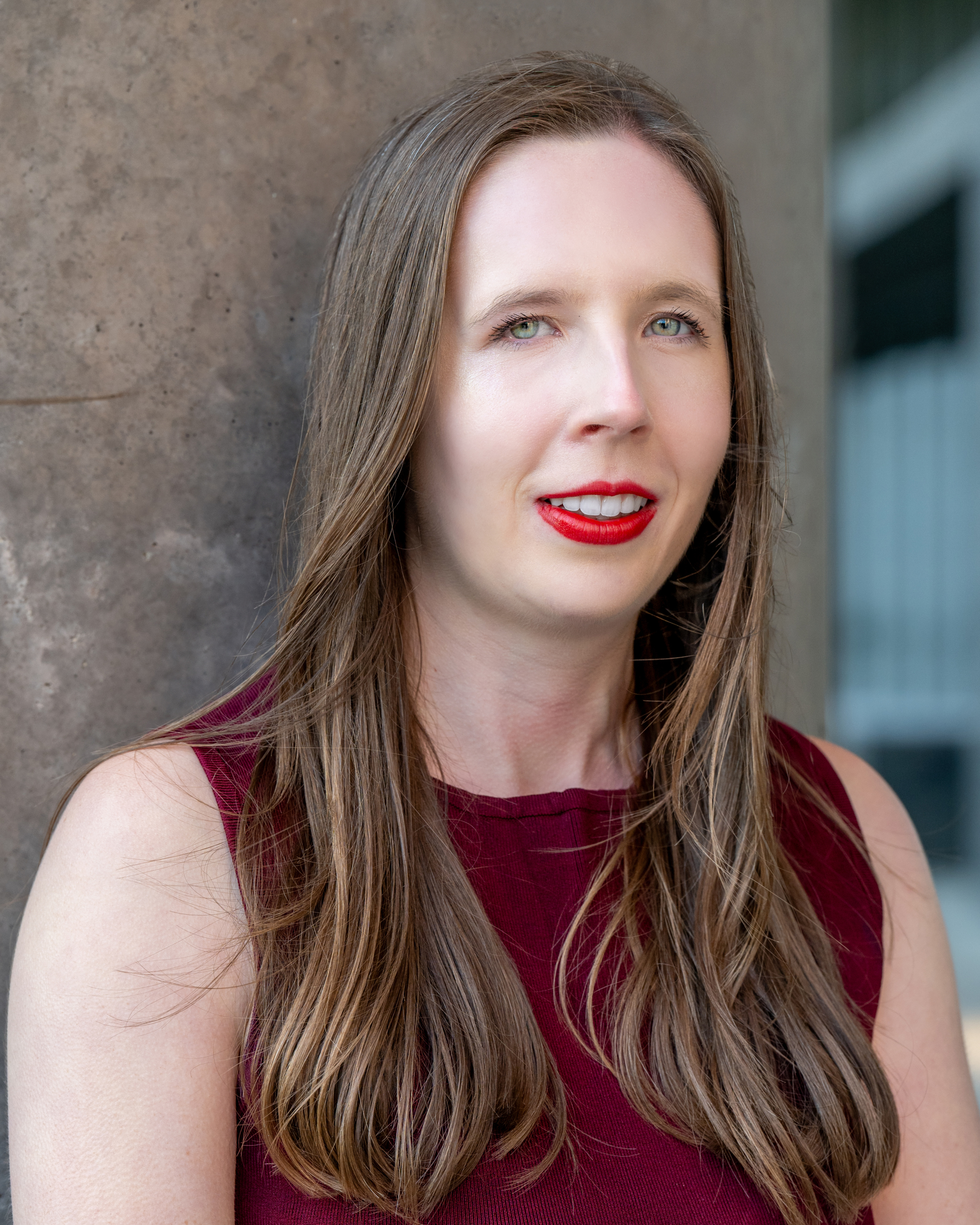LPGA Q-School vs Epson Tour: What’s The Difference?
Female golfers aspire to join the LPGA Tour, but how do the routes to gain tour status differ?


Subscribe to the Golf Monthly newsletter to stay up to date with all the latest tour news, equipment news, reviews, head-to-heads and buyer’s guides from our team of experienced experts.
You are now subscribed
Your newsletter sign-up was successful
Want to add more newsletters?

Delivered daily
Daily Newsletter
Sign up for all the latest tour news, gear reviews, head-to-heads and buyer’s guides plus features, tips from our top 50 coaches and rules advice from our expert team.

Once a week
Kick Point
Sign up to our free Kick Point newsletter, filled with the latest gear reviews and expert advice as well as the best deals we spot each week.

Once a week
Women's Golf Edit
Sign up to our free newsletter, filled with news, features, tips and best buys surrounding the world of women’s golf. If you’re a female golfer, you won’t want to miss out!
A field of 99 golfers will play at Magnolia Grove Golf Course in Mobile, Alabama this week to compete for a spot on the LPGA Tour as part of the final qualifying round of Q-School, which takes place between 5-9 December.
Despite its name, there’s no schooling on this LPGA program. Golfers who sign up for Q-School, also known as the Q-Series, face three intensive qualifying stages to prove they deserve a spot on the tour. It’s a gruelling five days of competition - five rounds played on two golf courses and that doesn’t include the practice rounds!
Q-Series is the entry point for both amateur and professional golfers who want to pursue a career in golf, said Jody Brothers, chief business and operations officer of the Epson Tour. “You start with Q-Series, you prove yourself, you get slotted into the LPGA if you perform the best or Epson if you perform well, but don’t quite make it all the way to the LPGA.”
How Does Q-School Work?
To compete in the first stage of Q-School, known as “pre-qualifying,” amateurs and new professionals will need a handicap of four or less on courses with an average length of 6,200 yards. This year, pre-qualifying took place over four days on three different golf courses in California. The top 95 players advanced to the next stage and received partial status to the Epson Tour.
The next stage, known as “qualifying,” includes players from pre-qualifying and has exemptions for LPGA players outside the top 150, Epson Tour players ranked from 36-125 as well as for players in top positions across other well-known ranking systems and amateur tours. This year, 35 players advanced to the final qualifying, while the remainder gained Epson Tour status.
The “final qualifying” stage includes the players from the prior stage and has exemptions for LPGA players ranked from 101-150, Epson Tour players ranked 11-35, LET players ranked 1-10 as well as players in top positions across other well-known ranking systems and amateur tours. After five gruelling rounds on two courses, the top 25 players, including ties, will earn LPGA status, while the remainder earn status to the Epson Tour.

Azahara Munoz is amongst the 99 vying for an LPGA Tour card
Is The Epson Tour Or Q-School 'The Road To The LPGA'?
The LPGA recently reduced the number of cards earned through Q-School, from 45 to 25, and increased those given via the Epson Tour, from 10 to 15, with the goal of rewarding “full-season performance while also giving the world's rising talent an opportunity to compete for coveted LPGA Tour status."
Subscribe to the Golf Monthly newsletter to stay up to date with all the latest tour news, equipment news, reviews, head-to-heads and buyer’s guides from our team of experienced experts.
Still, more players will gain status to the LPGA through Q-School than the Epson Tour, despite it being known as “the road to the LPGA.” It’s known by this moniker because it prepares players for the LPGA, allowing them to hone their skills over a full season, while Q-School is an intense window where players need to prove their skills.
“My perspective is the girls that go out and play in the Epson tour full time, they're playing against the best of the best. They're going to be the most competitive and the most ready to play the LPGA tour,” said Cheryl Anderson, a golf coach based in Florida who has been a two-time LPGA national teacher of the year.
“The Q-Series is very challenging, but you could get hot on a week, or a month rather, and just play some great golf that month and probably get your card,” she added.
Some players become dual members to both tours because they have gained partial status on the LPGA Tour and are only eligible to play in a select number of events, Anderson said.
“At that age, you just got to compete, compete, compete,” she added.
Q-School Quandaries
Participating in Q-School isn’t a cheap endeavor in time or money, especially for amateurs. Entry fees can run into the thousands - and this doesn’t include players’ accommodation, travel and caddie costs. A purse of $150,000 is distributed to all players who make the cut following round four in the final stage.
Professional golfer Hannah Gregg, who participated in the LET’s Q-School, previously spoke to Golf Monthly about the eye-watering costs of participating in a Q-School program.
“By the time it comes to all the expenses that are required, it's hard to make a living out there unless you're in the top 20%,” Anderson said. She’s witnessed college players for the most part being supported by their families. Name, image and likeness (NIL) rules are changing the landscape for amateur golfers who can now do sponsorships, Brothers said, lessening the financial burden.

Hannah Gregg
There's No Stress-Free Routes To The LPGA
Before amateurs play in the final Q-School stage, they must declare themselves as professionals. Despite qualifying to play in the final stage, several college players have chosen to remain amateurs because they still want to participate in college golf tournaments such as the Augusta National Women’s Amateur.
“We wanted to make sure that somebody just didn't have a stress-free route to the LPGA and that's why amateurs are required to turn pro if they want to go to the final stage,” Brothers said.
The LPGA is rolling out two new programs providing additional pathways for amateurs. The first is the LEAP program, which requires amateurs to accumulate a minimum of 20 points within the set criteria in the current year and previous three calendar years to gain LPGA status. The second is a “university-style” program where players are ranked based on their final two years of college and LPGA tournaments they participate in, per a report from the Golf Channel, though it reportedly will only provide status to the Epson Tour.
“We're not in a position to talk about it in great detail yet, but we've been at least a little bit public about our desire to develop a program that would allow college players to have a path to professional golf without necessarily having to go through qualifying series based on how they've performed through their amateur and college career,” Brothers said. “So more to come on that, but it's a program that LPGA is definitely working on.”

Kari McMahon is a freelance journalist based in London focused on technology, business, and cultural trends. Her work has appeared in publications including Business Insider, Wired, The Information, The Block, Sifted, and more. Prior to becoming a journalist, she worked as a software developer.